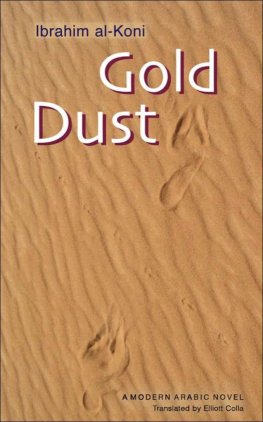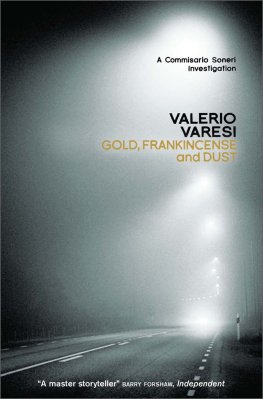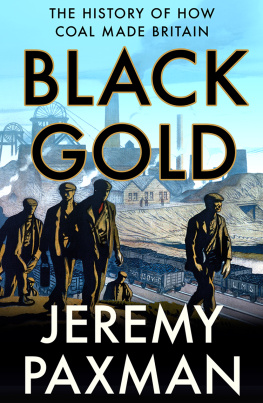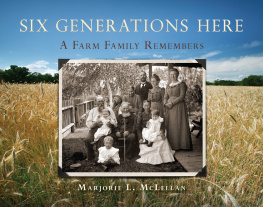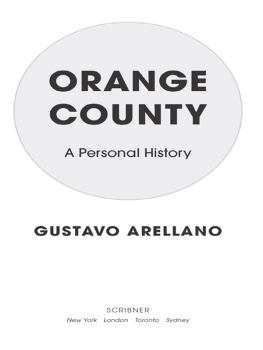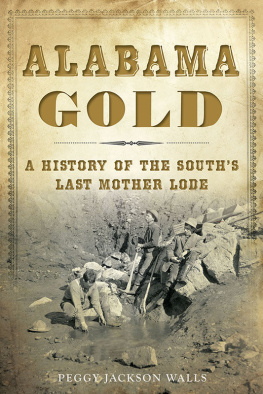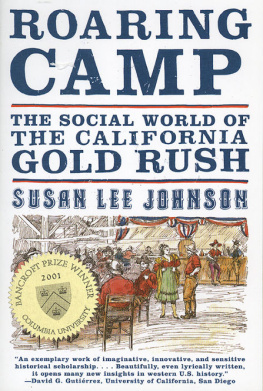GOLD DUST ON HIS SHIRT
Visiting a neighbour, Hudson Bay Mountain, c.1923. From the left: Edwin (in front), Arthur, Verner, Ingeborg Nelson with baby Irene, and Mrs. Donald Simpson. (Authors collection)
GOLD
DUST
ON HIS
THE TRUE STORY OF AN
IMMIGRANT MINING FAMILY
IRENE HOWARD
BETWEEN THE LINES
Toronto
Gold dust on his shirt: the true story of a pioneer mining family
2008 by Irene Howard
First published in 2008 by
Between the Lines
401 Richmond Street West, Studio 277
Toronto, Ontario M5V 3A8
Canada
1-800-718-7201
www.btlbooks.com
All rights reserved. No part of this publication may be photocopied, reproduced, stored in a retrieval system, or transmitted in any form or by any means, electronic, mechanical, recording, or otherwise, without the written permission of Between the Lines, or (for photocopying in Canada only) Access Copyright, 1 Yonge Street, Suite 1900, Toronto, Ontario, M5E 1E5.
Every reasonable effort has been made to identify copyright holders. Between the Lines would be pleased to have any errors or omissions brought to its attention.
Sono Nis Press has generously granted permission to reprint an extract from Immigrants by Leona Gom, from The Collected Poems, 1991.
Cataloguing data available from Library and Archives Canada
ISBN 978-1-926662-13-8 (epub)
ISBN 978-1-926662-14-5 (PDF)
ISBN 978-1-897071-45-8 (print)
Cover and text design by David Vereschagin, Quadrat Communications
Illustrations by Louise Howard
Printed in Canada
Between the Lines gratefully acknowledges assistance for its publishing activities from the Canada Council for the Arts, the Ontario Arts Council, the Government of Ontario through the Ontario Book Publishers Tax Credit program and through the Ontario Book Initiative, and the Government of Canada through the Book Publishing Industry Development Program.
To Greta, Brita, and Edith
and in loving memory of Lois and Marie
English like a stone in their mouths,
they translated their lives
into the rhetoric of this country ...
Leona Gom, Immigrants
I think that those who made so many things
ought to be owners of everything.
That those who make bread ought to eat.
That those in the mine should have light....
Someone is hearing me without knowing it,
but those I sing of, those who know,
go on being born and will overflow the world.
Pablo Neruda, The People
CONTENTS
DRILLING AND BLASTING FOR
THE GRAND TRUNK PACIFIC
Nils Alfred Nilsson and other anonymous immigrant labourers the building of a city and a railway
As revealed, not in words and sentences, but in shorthand signs in the
church records of the parish of Resele folk memories in ngermanland theLutheran Catechism and Sara, an insubordinate maidservant her day in court Nils Alfred, illegitimate but not anonymous
The history of Ingeborgs fjord feudal chieftain Sigurd Ullstreng, and the Vikings at Vigg the Aarvik family and boat building the tragedy of tuberculosis Ingeborg and Amerika fever a daughter, Inga, left behind anew life in Port Essington Ingeborg and Alfred and Prince Rupert the silver cake stand and hytidlighet
What the Norns knew Rocher de Boule Copper Mine and a stubborn railway
lots of ore but no transportation no Inga yet, but soon war, the Wobblies, and prohibition the Morning Mine in Mullan, Idaho Ingeborg cuts her hair home to Canada and English Hill another mine, another cabin gumbo, muskeg, and mosquitoes by horse and wagon to the other side of the mountain Smithers and the Bulkley Hotel teamster Al BannisterInga still in Norway, but soon? Fate, an evil Norn?
At the Duthie Mine near Smithers Ingeborg and cabin fever household activities and a shaving ritual two little boys cut down a forest washday and a water flume boats in a tub, with echoing words for Inga: soon, soonOne-Eyed Emily and the rabbit paw blanket bringing back Bluebell: a journey to buy a cow
The Guggenheims, Federal Mining and Smelting the Duthie Mine: living in a tent Verne Nelson remembers that work was fun the 1929 crash, a mine closure, and another move, this time to Kamloops the Planet Mine and another pregnancy a stillborn child and Ingeborgs death Inga and Otto in Norway Gullivers Travels
Dispossessed by the Great Depression a move to the Bridge River Countrylife without Mother riding the rods Pioneer Mine and the gold standardbosses and workers, them and us family arrangements the Nelson boys Delina and Arthur: a love story the Bend Or Mine, and Lorne Mine, later Bralorne a hometown company town the boys at work and play discipline with a chilivink high-grading and the lure of gold the making of a gold brick beer and bosses and kitchen sinks
School days and Alfred Lord Tennyson the Gage Canadian Readers falling rocks and the death of Gunnar Brothen Lord Balfour and the Statute of Westminster mining is dangerous: the Metalliferous Mines Regulation Act revised the underground sitdown strike, 1940 Mine, Mill, and Wally, Frank, and Ace Industrial Conciliation and (finally) the establishment of collective bargaining, 1944
Verne and Arthur Nelson: family storytelling the 1940s: mining in Northern B.C. Art, the poker king of Polaris Taku Psychology John, Handlebar Joe, Soapy Smith, and other no-limit players the big freeze at Polaris Taku: how to get the water running gold dust on my brothers shirt the boys grow up
Not even a ghost camp a change in the fortunes of Pioneer Mine what happened to the families when the gold ran out mine manager Wayne Merton: keeping the faith at Bralorne Mine the processing of gold the ups and downs of the mining community; real estate and mushrooms Bralorne and the spirit of Delina Noel
My fathers dreams quartz dust and bad lungs a miner retires to a chicken ranch an intransigent Workmens Compensation Board the sad case of Jack Zucco the death of Alfred Nelson the reappearance of the sturdy spirit of Sara Erika, the uppstudsig grandmother

Writing this book has been a long journey and I have received much help along the way. It began as a single story about Pioneer Gold Mine that appeared, most appropriately, in the only magazine published out of an abandoned mine shaft. I would like to remind Charlie Angus and Brit Griffin that in the years in which they were publishing HighGrader Magazine (and even after moving on to more conventional quarters), they encouraged me to continue writing my mining camp stories about ordinary workers. They put a value on these miners and their families, made them legitimate as story material, and I thank them for that.
There was so much I did not know. There were few personal documents, for miners dont often write diaries about stoping a rock face, nor do their wives have time or energy to write letters to families back home: washing the Stanfields long johns is hard work. Fortunately for writers, there are librarians and archivists, and I consulted a great many of them in Norway and Sweden, the United States, and Canada. These people were always able to search out answers to my questions, no matter how difficult, and to move my research along a mile or two. Their institutions are acknowledged in the appropriate places in the Notes, and I thank them here in general though I would rather have delivered a speech, pinned a medal on each one for being always there, patient, reliable, scholarly. I want especially to thank archivist George Brandak of the University of British Columbia Special Collections for his help with many research problems over the years. I send


